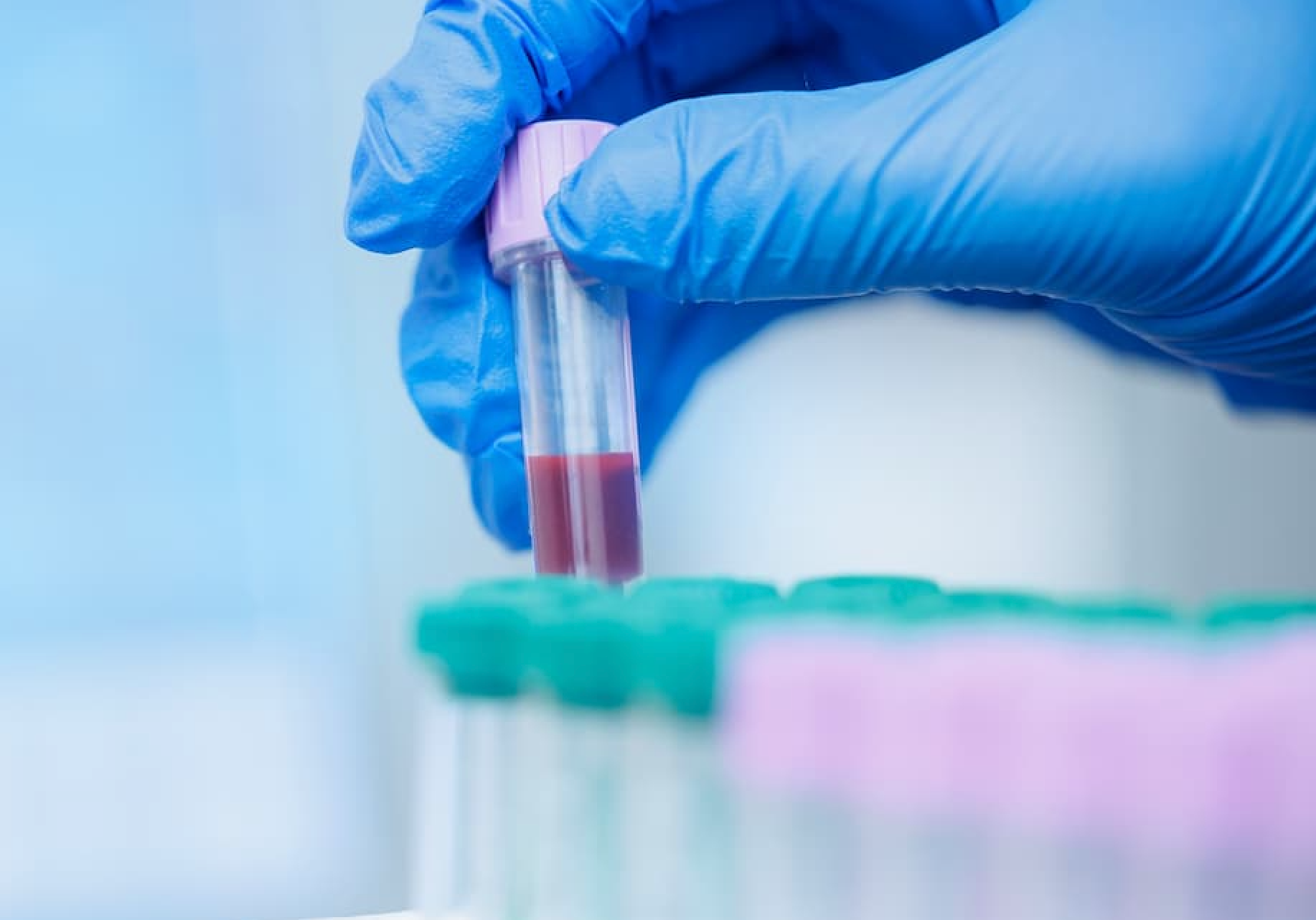
First-of-Its-Kind Bladder Cancer Therapy, Inlexzo, Hits US Market
This innovative treatment slowly releases medication inside the bladder over weeks, allowing many patients to remain cancer-free and maintain quality of life.
By
Lana Pine| Published on September 9, 2025
4 min read
The U.S. Food and Drug Administration (FDA) approved a new bladder cancer treatment called Inlexzo (formerly known as TAR-200). This treatment is for adults with a type of bladder cancer called non-muscle-invasive bladder cancer (NMIBC) who did not respond to the standard treatment with Bacillus Calmette-Guérin (BCG). It may also be an option for patients who cannot or do not want to undergo surgery to remove the bladder (radical cystectomy).
Inlexzo is the first and only drug-releasing system that delivers cancer medication directly into the bladder over a long period of time. Instead of a single dose, the system stays in the bladder for about three weeks per treatment cycle, and patients may receive up to 14 cycles. This allows the drug to work continuously where the cancer is, without needing daily treatment.
Bladder cancer is one of the most common cancers worldwide. Each year, about 614,000 new cases are diagnosed globally, including nearly 85,000 in the United States. Roughly 70% of patients have NMIBC, and most of these cases are considered high risk.
Currently, there are an estimated 1.95 million people worldwide within five years of their diagnosis, and about 744,000 in the U.S.
Survival depends a lot on the stage at diagnosis. Globally, the five-year survival rate ranges widely, from 5% to 96%. In the U.S., the overall five-year survival rate is about 78%, but it drops to 39% if the cancer has spread to nearby tissues or lymph nodes, and to just 8% if it has spread to distant parts of the body.
The FDA’s approval was based on results from a clinical trial called SunRISe-1. In this study:
- 82% of patients saw their cancer completely disappear.
- About half of patients remained cancer-free for at least one year.
- Many patients were able to avoid bladder removal surgery — with nearly 87% keeping their bladder intact at 12 months.
- The average duration of cancer control was about 26 months.
“I see many patients that ultimately become BCG-unresponsive and often face life-altering bladder removal. These patients now may be ideal candidates for newly approved Inlexzo,” said SunRISe-1 principal investigator Sia Daneshmand, M.D., professor of urology and director of urologic oncology at the Norris Comprehensive Cancer Center, Keck School of Medicine of University of Southern California, Los Angeles. “In my experience, Inlexzo is well-tolerated and delivers clinically meaningful results. This will change the way we treat appropriate patients that haven't responded to traditional therapy.”
These results are especially important for people whose cancer has not responded to BCG, since treatment options in this setting have been very limited.
Like most cancer treatments, Inlexzo can cause side effects. The most common ones included urinary tract infections, pain or urgency when urinating, blood in the urine and bladder irritation.
A smaller number of patients (about 13%) experienced more serious side effects, such as severe urinary pain. Overall, most patients were able to continue treatment, and their quality of life scores remained stable during therapy.
Inlexzo is placed directly into the bladder using a special catheter. The procedure is done in an outpatient setting (no general anesthesia required). The system slowly releases medication into the bladder, providing steady treatment without frequent visits.
“When we acquired this novel therapy in 2019, our ambition was to give patients with bladder cancer a renewed sense of hope and belief,” stated Jennifer Taubert, executive vice president, Worldwide Chairman, Innovative Medicine, Johnson & Johnson. “In an area that has seen little progress for more than 40 years, Inlexzo delivers a first-of-its-kind breakthrough innovation with a bright future ahead.”
For people with BCG-unresponsive NMIBC, treatment options have been limited — and often involve removing the bladder entirely. With this approval, Inlexzo offers a new, bladder-preserving option that has shown strong results in keeping cancer under control.

